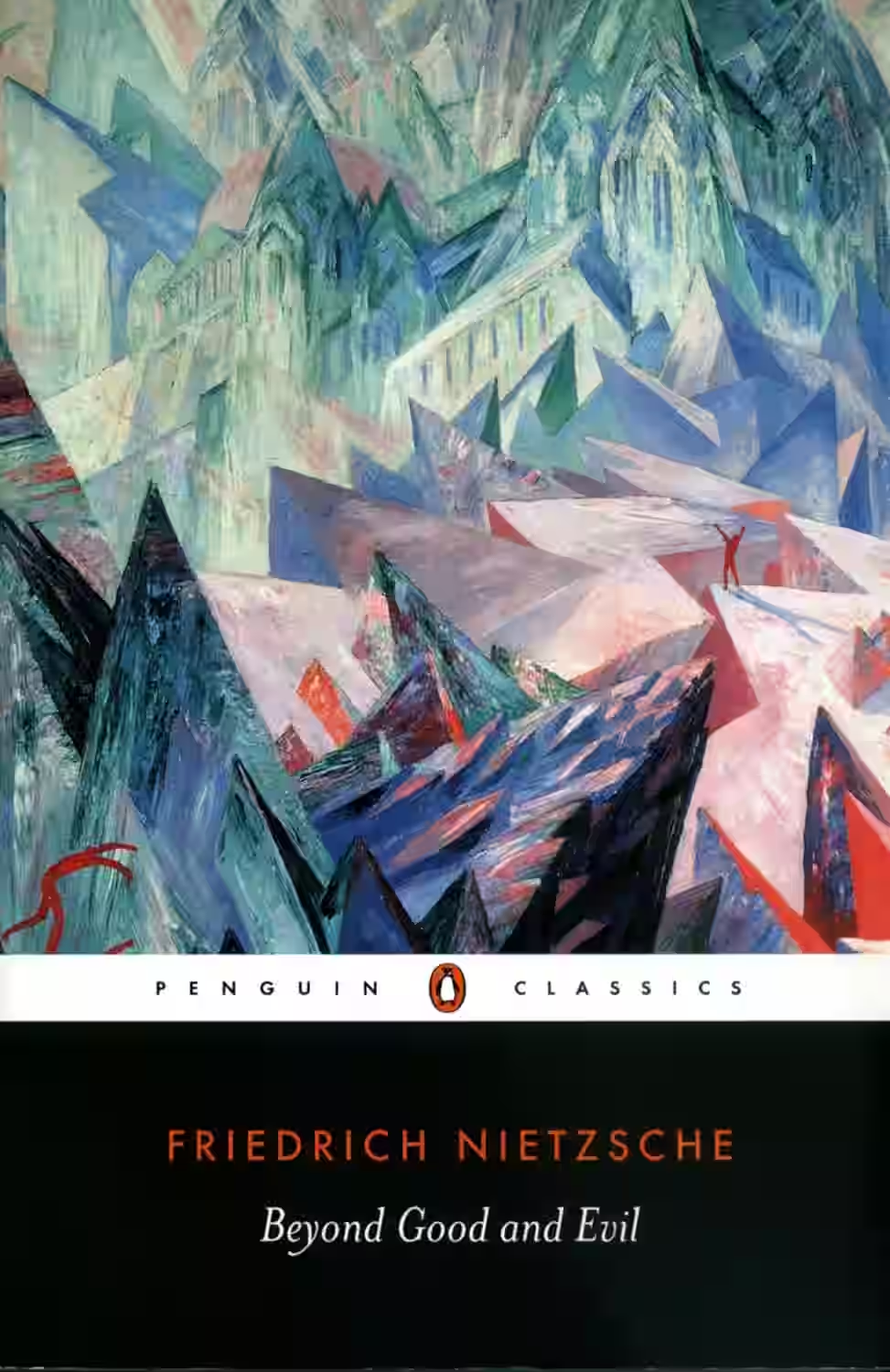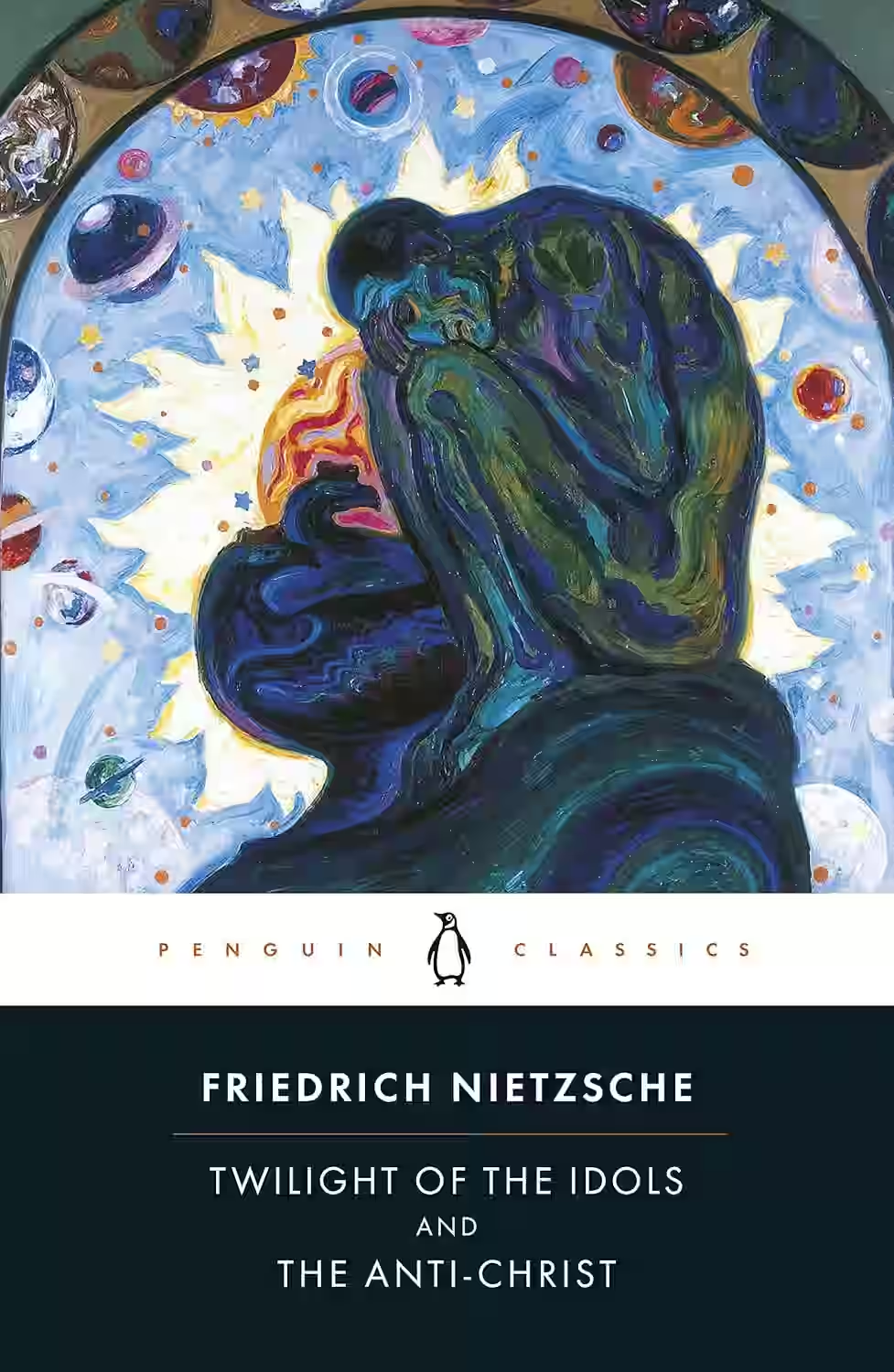Friedrich Nietzsche
A German philosopher, cultural critic, poet, and composer, whose work profoundly influenced Western philosophy and intellectual thought. His writings, including Thus Spoke Zarathustra and Beyond Good and Evil, challenged traditional morality, religion, and scientific truth, advocating for individual self-overcoming, the "will to power," and the revaluation of values. Nietzsche's provocative ideas continue to spark debate and inspire intellectual inquiry.

Beyond Good & Evil is a seminal work of philosophy by Friedrich Nietzsche that critiques traditional morality and explores concepts of power, will, and the individual's potential for self-overcoming. Nietzsche challenges conventional notions of good and evil, urging a re-evaluation of values and the affirmation of life's complexities.

Friedrich Nietzsche's 'The Anti-Christ' is a provocative and critical exploration of Christianity, morality, and the nature of religion. In this philosophical work, Nietzsche delves into his disdain for organized religion and the concept of God, arguing that Christianity has been detrimental to humanity's progress and self-realization. He challenges traditional Christian values and presents his vision of a new philosophy centered on individualism, strength, and the rejection of herd mentality. With his signature bold and confrontational style, Nietzsche forces readers to question their beliefs and confront the contradictions inherent in religious dogma. 'The Anti-Christ' remains a seminal work in Nietzsche's oeuvre, paving the way for existentialist and atheistic philosophies.